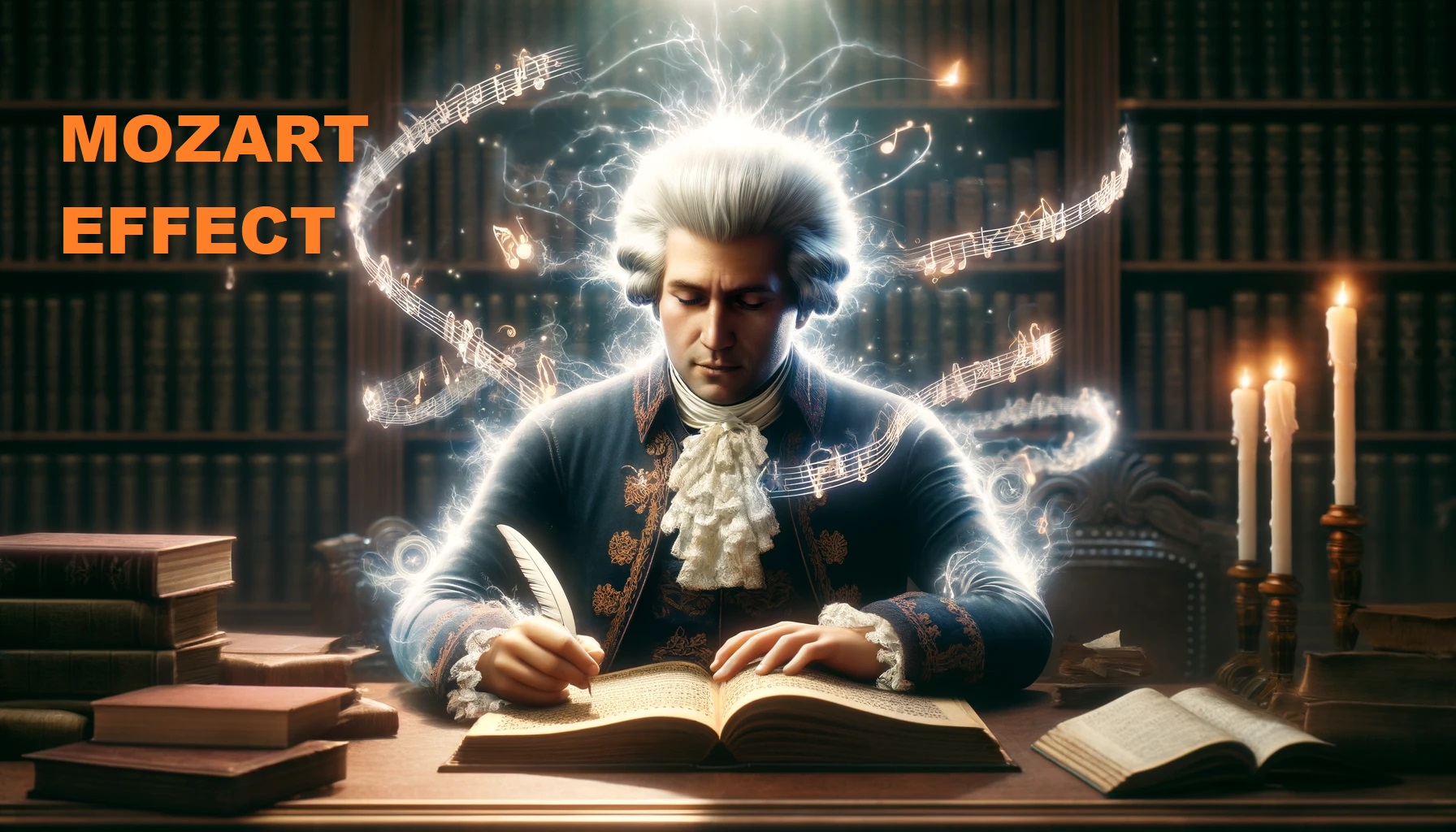Check out this answer from Consensus:
The current body of research provides mixed evidence regarding the existence of the Mozart effect. While some studies report positive findings, many others fail to replicate these results, and meta-analyses suggest that the overall effect is small and potentially influenced by publication bias. Therefore, the Mozart effect, as a specific phenomenon, remains controversial and warrants further investigation. Until more consistent and robust evidence is available, the application of the Mozart effect in intellectual intervention programs should be approached with caution.
The Mozart effect, a term coined in the early 1990s, refers to the purported enhancement of spatial-reasoning performance following exposure to Mozart’s music, specifically the first movement “allegro con spirito” of the Mozart sonata for two pianos in D major (KV 448). This phenomenon has sparked considerable interest and debate within the scientific community. This article aims to explore the validity of the Mozart effect by reviewing the findings from multiple research studies.
Evidence Supporting the Mozart Effect
Some studies have reported positive findings regarding the Mozart effect. For instance, a review highlighted that listening to Mozart’s music can lead to improved spatial-temporal reasoning and increased coherence among different groups of subjects5. Additionally, there have been observations of decreased epileptiform activity in patients exposed to Mozart’s music, suggesting a potential neurophysiological basis for the effect4 5.
Conflicting Results and Meta-Analyses
Despite some positive reports, the Mozart effect has been notoriously difficult to replicate. A comprehensive meta-analysis, which included nearly 40 studies and over 3000 subjects, found that the overall effect size was small (d = 0.37) and that there was little evidence for a specific, performance-enhancing Mozart effect1. This meta-analysis also revealed a publication bias, indicating that studies showing positive results were more likely to be published, thus skewing the overall perception of the effect1.
Failure to Replicate
Several studies have failed to replicate the Mozart effect. One experiment, which followed the procedural instructions provided by the original researchers, did not produce a statistically significant effect or an effect size of practical significance2. Similarly, another study focusing on children found no evidence of the Mozart effect, suggesting that the phenomenon might not be applicable across different age groups3.
Alternative Explanations
Some researchers have proposed alternative explanations for the observed effects. The arousal-mood model suggests that any improvement in performance could be attributed to increased arousal and positive mood induced by listening to music, rather than a specific effect of Mozart’s compositions3. Additionally, the periodicity and repetitive nature of Mozart’s melodic lines have been suggested as potential factors contributing to the effect, although these characteristics are not unique to Mozart’s music4 5.
